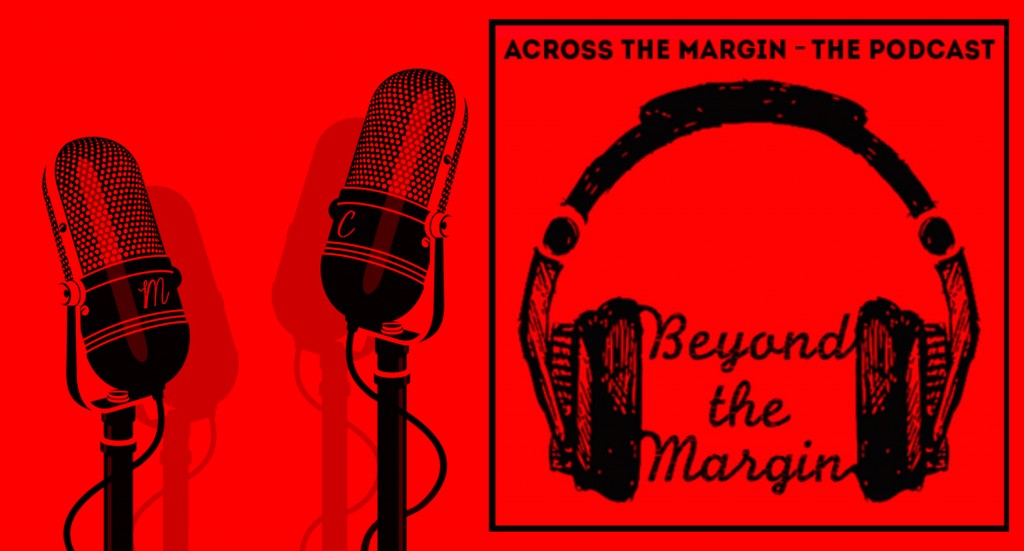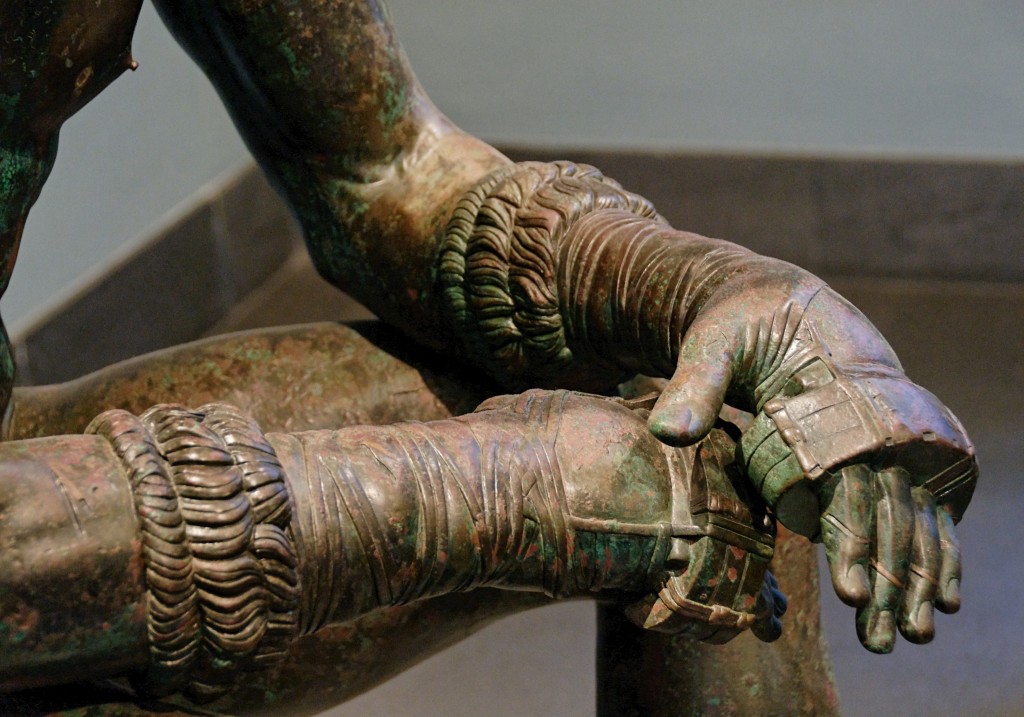A work of fiction, in the form of a partially redacted transcript, that explores themes of regret, self-mythologizing, and the ethics of ambiguity…

by: Ryan T. Pozzi
(Prepared by: [Initials], based on partial audio file labeled “FINAL_REDO_EDITED_REDO_REALFINAL3.wav”)
(Attached to partially recovered email – see below)
[Email Fragment, Redacted]
To: [REDACTED]
From: [REDACTED]
Subject: Transcript Request. Urgent.
Please process whatever usable audio is left from that interview. I know it’s incomplete, but we need something.
Also, if they said that line again. You know the one, about the story and the truth. Include it. People remember that.
[REDACTED: LEGAL NOTE RE: CHARACTER LIABILITY]
-R
Transcript Begins
00:00:00
[Recording cuts in mid-response. Interviewer inaudible.]
SPEAKER: You know what I always say. Never let the truth get in the way of a good story.
[laughter] [possibly self-directed]
SPEAKER: I probably wasn’t the first to say it, but it got stuck to me. People quote me on it. I let them. You tell a lie enough times and eventually it prints itself on a tote bag.
[pause]
SPEAKER: I used to tell this story about coming to in my car just outside Phoenix. No idea how I got there. No idea where I was. So I went to this gas station and asked the guy how to get back to I-45. Which, if you’re from Houston, you know. Everybody knows I-45. The guy pulled out an atlas. Like a big one. Flipping pages. Looking real serious. Then he comes back and says, go down here and get on the 10, and then drive for like seventeen hours.
[pause]
SPEAKER: Some of it was true. Maybe most of it. I honestly don’t know anymore.
[unintelligible] [interviewer possibly responding]
SPEAKER: Wait. Did I say it, or did I just like how it made me sound?
[TRANSCRIBER’S NOTE: Subject’s speech is rapid and does not consistently respond to audible prompts. Attribution confidence: moderate.]
00:04:12
SPEAKER: I think I was twelve the first time I realized I could just invent something and people would believe it. Not like a story story. Just a line. A detail. Something that made the room tilt toward me.
[pause]
SPEAKER: People would ask about the limp. I have cerebral palsy. Mild. Manageable. But kids are curious. Adults too, sometimes. So I made stuff up. Sometimes I said I got shot. Other times it was a bad car accident. There were others. I rotated them. I tested which ones landed best.
[pause]
SPEAKER: They would nod. Or say wow. Or look at me different. Like I had been through something.
[pause]
SPEAKER: There was one. I do not even remember what it was about anymore, but I said I was sixteen. Thing is, it happened in 2000 and I graduated in 1997.
[long pause]
SPEAKER: Dates do not line up. Stories do not line up. And I never really checked. If I told it enough times, that was close enough.
SPEAKER: Sometimes a lie does a better job of capturing the emotional truth.
[overlapping voices] [one possibly whispering]
SPEAKER: And honestly, what is the difference between something that happened and something that should have?
[TRANSCRIBER’S NOTE: Section includes overlapping audio and possible whispering unrelated to the interview. Background noise increases throughout.]
00:08:50
SPEAKER: I never lie unnecessarily.
[pause]
SPEAKER: I don’t hurt people unnecessarily either.
[soft exhale] [possibly a laugh]
SPEAKER: What does that even mean though. What qualifies as necessary. Is it necessary to be loved. Is it necessary to be believed.
[pause]
SPEAKER: What about harm? If I got what I needed and no one was harmed, then what is the problem?
[pause]
SPEAKER: That is what I used to tell myself. That if nobody was crying at the end of it, then it must be fine. I told myself that so many times I started to believe it. Or maybe I just wanted to.
[chair creak] [shuffling]
SPEAKER: Of course, what qualifies as necessary has always been kind of fluid.
[TRANSCRIBER’S NOTE: Subject’s voice becomes quieter during this section. Volume drop may be due to shift in mic position or posture.]
00:14:30
SPEAKER: You want a list of people I’ve lied to? That is a stupid question. I want a list of people I haven’t.
[laughter] [cuts off abruptly]
SPEAKER: And even that list. I don’t know. Maybe I lied to them too and just forgot.
[pause]
SPEAKER: Some of them got the performance version. Some got the confessional. Some got both. Depends what I thought they needed from me. Or what I needed from them.
[pause]
SPEAKER: There was this one piece I wrote. Whole thing was a confession. I said that right up front. That it was finally the truth. People loved it. Said it felt honest. Raw. Said they saw themselves in it.
[pause]
SPEAKER: But it wasn’t true. Most of it wasn’t. Or it was true once and I rewrote it into something that looked better on the page. I don’t know. I can’t even remember what was real anymore. Maybe that’s the only honest part.
[brief silence] [possible mic interference]
SPEAKER: Do I regret it?
[long pause]
SPEAKER: No.
[pause]
SPEAKER: Yes.
[pause]
SPEAKER: I don’t know.
[pause]
SPEAKER: Sometimes the only thing I feel anymore is regret.
[TRANSCRIBER’S NOTE: Small audio gap at approximately 00:15:57. Interference appears localized to subject’s mic channel. No correction possible.]
00:17:01
SPEAKER: I remember one reading where a woman came up to me after. She was crying. Said I had told her story. Said she felt seen. She hugged me.
[pause]
SPEAKER: I nodded like I understood. Like I deserved that. But all I could think was, I don’t even know if any of what I said was real.
[paper rustling] [distant thump]
SPEAKER: It moved her. That is what people say. That something moved them. That it meant something. I guess that is what we are supposed to want.
[pause]
SPEAKER: It is wild, right? Being moved by something that never even happened.
[long pause]
SPEAKER: I mean, if the fiction helped someone feel seen, does it matter if I made it up?
[pause]
SPEAKER: God. Listen to me. I sound like a sociopath.
[TRANSCRIBER’S NOTE: Subject’s tone shifts from reflective to self-disgusted. Pause before final line exceeds six seconds.]
00:19:42
SPEAKER: I used to think I was just shaping the story. Like it was editing. Like it was craft.
[pause]
SPEAKER: But it wasn’t shaping. It was taking out everything that made me look small. Or weak. Or lost.
[pause]
SPEAKER: There is this one story I have told so many times I can see it frame by frame. I can hear the way I delivered it. The pauses. The punchline. The sigh at the end. And I still don’t know if it ever actually happened.
[unintelligible phrase] [faint feedback tone]
SPEAKER: I needed people to love me. Or admire me. Or just not leave.
[pause]
SPEAKER: That is why I lied. Not to fool them. To make them stay.
[static] [soft humming – possibly subject]
[TRANSCRIBER’S NOTE: Subject begins humming. Tune unidentified. Sound fades in and out due to inconsistent mic input. No clear break before next timestamp.]
00:23:09
SPEAKER: This part is true. I think. If it isn’t, I wanted it to be.
[long silence] [soft background hum] [mic crackle]
SPEAKER: Just try to make me sound like someone worth missing.
[low static] [no clear audio for 00:24:02 through 00:24:26]
[TRANSCRIBER’S NOTE: Recording ends with a continuous hum and light interference. No outro recorded. No speaker identification provided at sign-off.]
Ryan T. Pozzi is a writer based in Council Bluffs, Iowa. His essays have been accepted by Villain Era, Ponder Review, Cursed Morsels, The Word’s Faire, and elsewhere. He is a member of the Biographers International Organization, Historical Writers of America, and the Nebraska Writers Guild. You can find him online at @RyanWrites on Bluesky.





